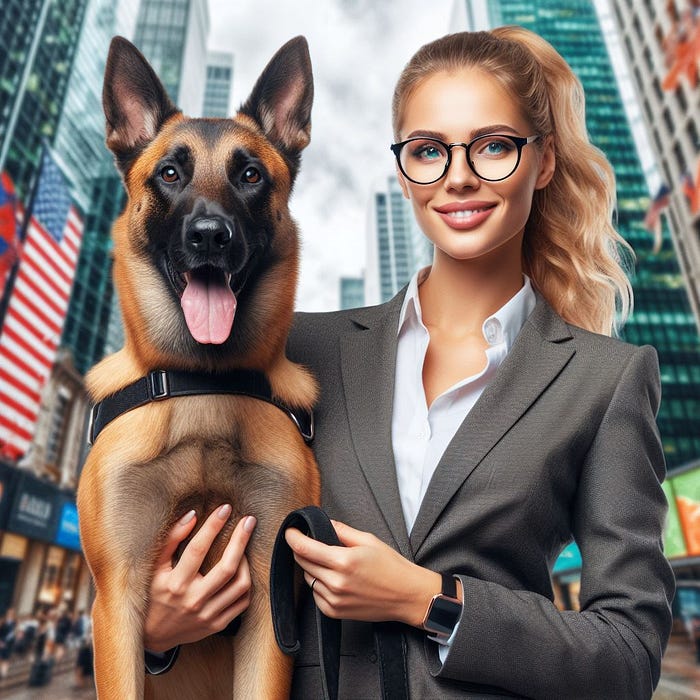In the world of dog ownership, providing structure in the home is often overlooked but is, in fact,...
Unleashing Success: Finding the Right Dog Trainer for Socialization
When it comes to our furry friends, proper socialization is key to their well-being and our shared happiness. Choosing the right dog trainer for socialization is a crucial step in ensuring that your pup develops the necessary skills to navigate the world confidently. In this guide, we’ll explore effective strategies for finding the ideal dog trainer, understanding what to look for, and recognizing potential red flags.
Where to Look for a Dog Trainer:
Local Veterinarians and Pet Stores:
Check with your local vet or pet supply store for recommendations. These sources often have firsthand knowledge of reputable trainers in the community.
Online Platforms:
Utilize online platforms like Yelp, Google Reviews, or dedicated pet service directories. Reviews from other pet owners can offer valuable insights into a trainer’s reputation and effectiveness.
Ask for Recommendations:
Seek recommendations from friends, family, or fellow dog owners. Personal experiences can provide a trustworthy perspective on a trainer’s methods and success.
How to Evaluate a Dog Trainer:
Certifications and Credentials:
Look for trainers with certifications from reputable organizations such as the International Association of Canine Professionals (IACP) or the Certification Council for Professional Dog Trainers (CCPDT).
Observation Opportunities:
Attend a training session to observe the trainer in action. A good trainer should be patient, positive, and able to effectively communicate with both dogs and owners.
Philosophy and Methods:
Understand the trainer’s training philosophy and methods. Positive reinforcement is often recommended for socialization, as it encourages desirable behaviors without the need for harsh corrections.
Experience with Socialization:
Choose a trainer with specific experience in socialization. This ensures they understand the unique challenges and strategies required for helping dogs acclimate to various environments and stimuli.
Potential Red Flags:
Lack of Transparency:
A reputable trainer should be transparent about their methods, experience, and any potential risks involved in the training process.
Overemphasis on Punishment:
Avoid trainers who rely heavily on punishment-based methods. Positive reinforcement has been proven to be more effective and humane in achieving long-term behavior changes.
Unwillingness to Answer Questions:
A good trainer welcomes questions and concerns from clients. If a trainer is unwilling to address your queries, it may be a sign of a lack of expertise or transparency.
Beyond the Facility: Real-World Socialization:
A comprehensive socialization program extends beyond the confines of a training facility. Look for trainers who incorporate real-world exposure into their programs. This may include exercises in local pet-friendly stores, parking lots, or any safe and welcoming environment that exposes dogs to a variety of sights, sounds, and smells.
Choosing the right dog trainer for socialization is an investment in your dog’s future happiness and well-being. Take the time to research, ask questions, and observe potential trainers to ensure that their methods align with your values and goals. Remember, a good socialization program is not just about training in a controlled environment; it’s about preparing your dog to thrive in the real world. With the right trainer, you and your furry friend can embark on a journey of learning, growth, and shared adventures.

Interested in getting help with socialization or public access training for your urban pup? Check us out at https://socialdogsllc.com!
.png?width=50&height=50&name=Profile%20round%20logo%20(1).png)



